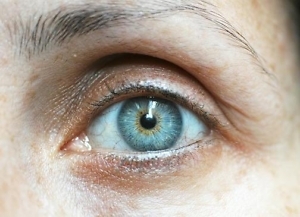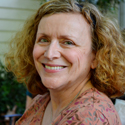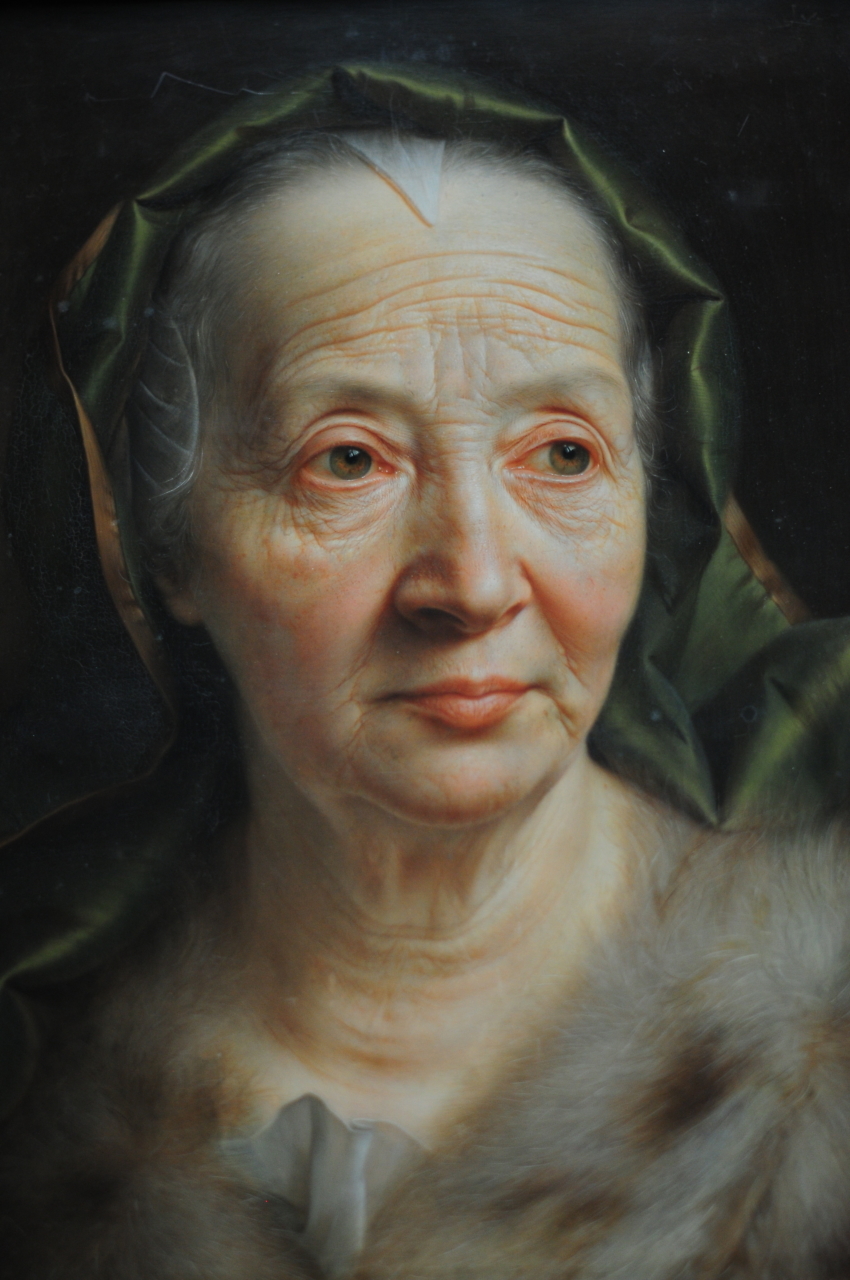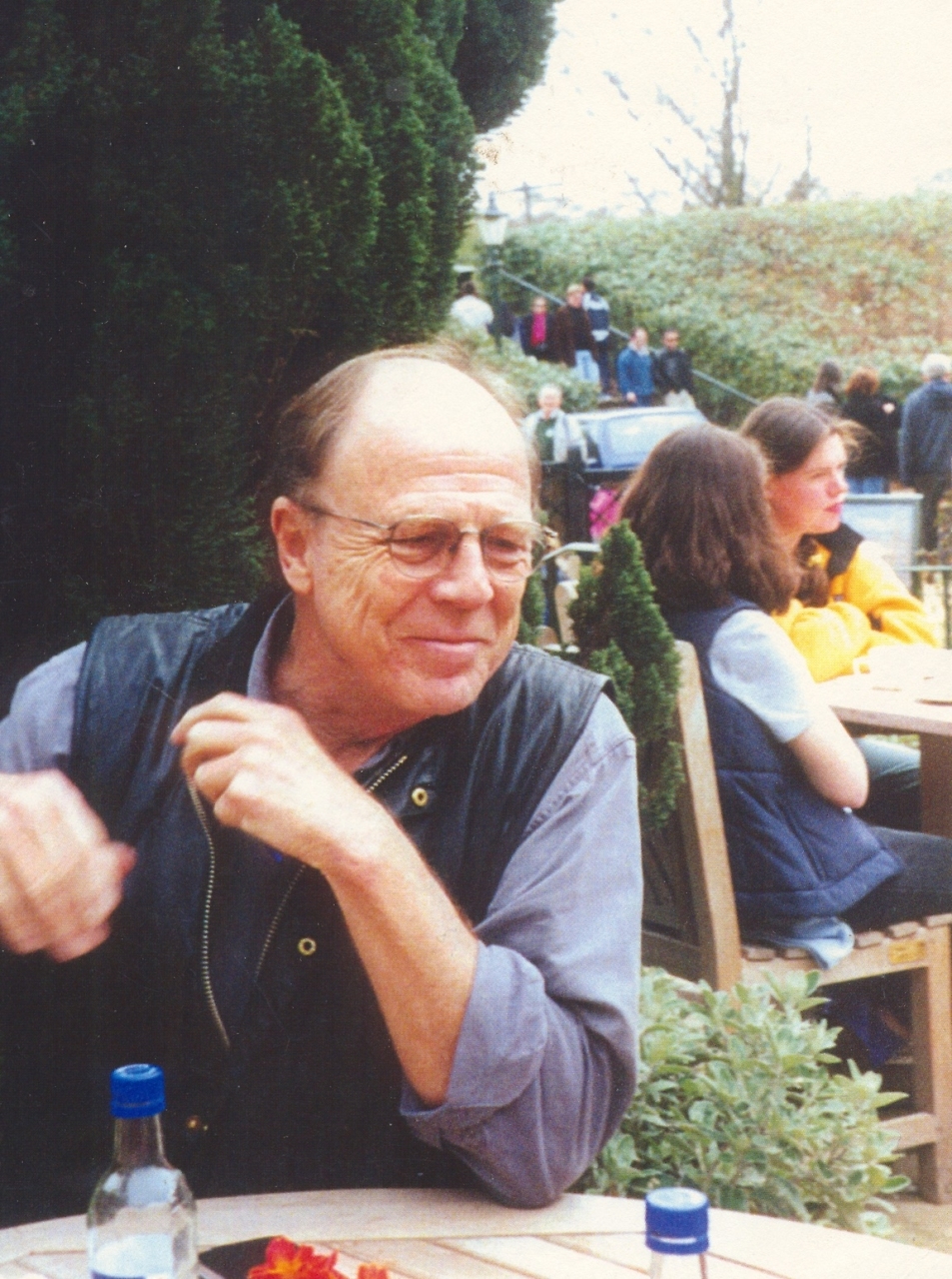Waiting
The fellowship of the specialist’s office
I have been in this building all day, except for the hour they gave me for lunch. During that hour, I stopped at the radiology center to pick up a copy of an MRI done earlier in the year and bought a hamburger at McDonald’s, which my nervous stomach didn’t much like. Then I made my weekly call to my mother and lied about where I was.

I started the morning in an ophthalmologist’s office, where it was decided that I needed to see another specialist. The office performed the Herculean task of getting me scheduled that same day.
“You’ll probably have to wait,” the nurse said. I was okay with that; I had been waiting for more than eight months to see the ophthalmologist, since my own doctor found that my left eye wasn’t reacting properly. He sent me for the MRI and a field vision test. Both came back normal. But my eye, it seemed, was not.
So now here I am in a separate office from the one where I spent the morning. In many ways, it looks like a typical waiting room. There are uncomfortable chairs. There is a television on the wall, the shows inspiring us to make our homes more lovely. I wish I’d remembered to bring headphones so I could listen to something, anything else. I long for the book on my bedside table, forgotten in the rush to get out the door to my first appointment.
But this space differs from the typical waiting room because not one of my fellow patients, struggling to make themselves comfortable in these chairs, is here for a regular checkup. We are all here because another doctor has seen something disturbing, something that has to be investigated by a neurological ophthalmologist. Probably, like me, some of these folks didn’t even know such a specialty existed before the day their regular eye doctor saw something wonky (my term for my weird left eye). Despite the television, despite the chatting going on in small groups, the tension in the room is palpable.
And sometimes spoken. The man behind me is on the phone with his insurance company trying to convince them to cover a procedure. His tone varies from angry to confused to scared, over and over again. It’s clear that he can’t afford this procedure. It’s also clear that he can’t go without it. He is called back to see the doctor and cuts off the call.
Then a woman sits in front of me. She is young, probably college age. She too gets on her phone. Whatever her situation is (the person on the other end of the phone already knows it), she has been referred to the hospital — because of the number of tests she needs, it’s better to do them all at once. She also says that her vision is getting worse; the doctor says he can’t officially tell her to stop driving yet, but she really should.
I keep waiting. A woman across from me has several doctors’ appointments scheduled for the day and calls to let a different office know that this one is running late. Another woman is in a wheelchair and seems almost unconscious. There is a child with an eyepatch.
We are folks from all over the place, literally all over the world. I eavesdrop on a couple with a little girl, speaking English to the child and Spanish to each other. Most of the patients are my age or older, but there is a smattering of younger folks and children. We are all races. Probably all political persuasions. Probably all religions. Probably in all types of relationships. We are definitely at all levels on the socioeconomic chart.
But none of that matters in this room. The one thing that ties us together is fear. For some of us, like me, the fear is new. Once the doctor sees me, he might tell me that everything I love, my independence, my love of reading, will have to be modified. A new way of living my life will have to be found.
For others, the fear is old. They have been in this waiting room many times. It’s not their friend, but it’s familiar. They have received the bad news some time ago and are now navigating that new life.
Finally, my turn comes to see the specialist. Agreeing with my doctor that my left eye is indeed weird, he sends me for another field vision test. Then I have my eyes dilated. These things take only a few minutes, but the wait between them seems endless. I have been in this building for seven hours when I’m called back for the final time.
He tells me I am fine. My left eye is wonky but not diseased. Neither is my brain. He then apologizes for the long wait.
“I don’t care,” I say. “I’m just so happy for good news.”
He smiles. “So am I. I don’t often get to give good news in my job.”
As I drive home, I think about the afternoon, how relieved I am, but knowing that the next time, the news might not be so positive. I feel for those who did not get good news or knew that good news was not in the cards for them anymore. I think I bonded with them more than I have with any group of people in a long time. And, despite whatever differences we might have in our daily lives, for those hours, they were my brothers and sisters.

Copyright © 2024 by Faye Jones. All rights reserved. Faye Jones, dean of learning resources at Nashville State Community College, writes the Jolly Librarian blog for the college’s Mayfield Library. She earned her doctorate in 19th century literature at Indiana University of Pennsylvania.


